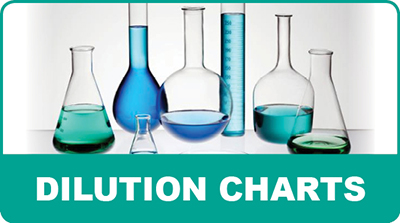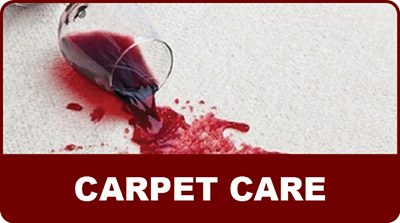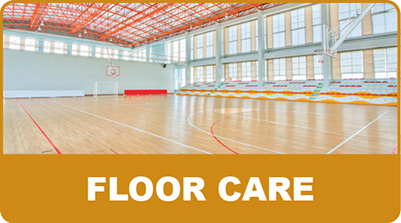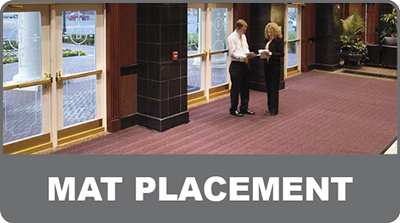

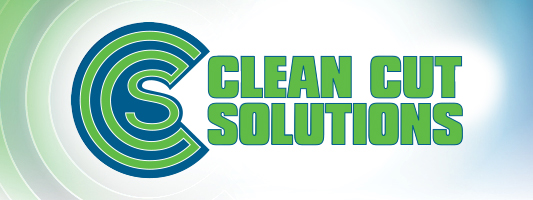
DILUTION CHART
|
|
|
||||||||||||||||||||
|---|---|---|---|---|---|---|---|---|---|---|---|---|---|---|---|---|---|---|---|---|---|
CARPET SPOT AND STAIN REMOVAL
|
|
|
|---|
FLOOR CARE TROUBLESHOOTING GUIDE
|
|
Floor Care Troubleshooting Guide
|
|||||||||||||||||||||||||||||||
|---|---|---|---|---|---|---|---|---|---|---|---|---|---|---|---|---|---|---|---|---|---|---|---|---|---|---|---|---|---|---|---|---|
EFFECTIVE MAT PLACEMENT
Effective Mat Placement is Essential For Effective Dust ControlWhen planning a mat program, high traffic areas as well as specialized applications should be pinpointed. Strategic placement is essential for maximum effectiveness. Properly placed mats can stop 70% to 80% of dirt and grime that would otherwise be tracked into a building. Entrance Mats - Scraper Mats - Anti-Fatigue/Protective Mats - Specialty Mats - |
|---|

Phone: 781-352-4707 |
